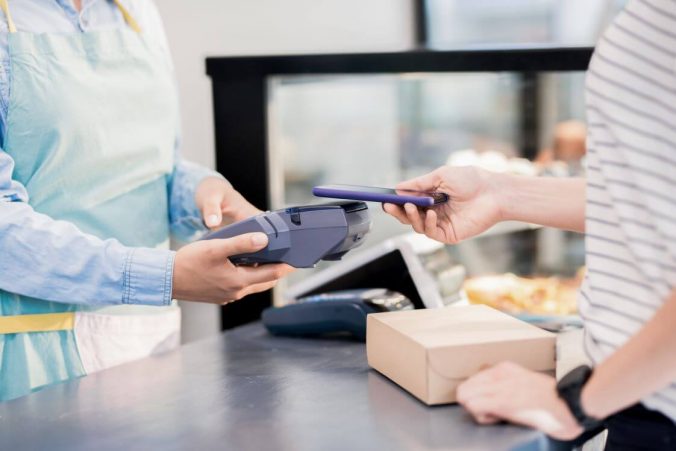Businesses that have been affected by the COVID-19 pandemic and are seeking to make use of the VAT deferral have been urged to cancel their direct debits ‘as soon as they can’.
Businesses are advised to contact their bank to cancel their direct debits as soon as possible. UK VAT-registered businesses with a VAT payment due between 20 March 2020 and 30 June 2020 have the option to either defer the payment until a later date or pay the VAT due as normal.
A spokesperson for HMRC said:
‘For those customers who are unable to pay VAT due between 20 March and the end of June 2020, you have the option to defer that payment until 31 March 2021.
‘You will not need to apply for deferral as eligibility is automatic. Customers who normally pay by direct debit should cancel their direct debit with their bank if they are unable to pay. Please do this in sufficient time.’
The deferral does not cover VAT MOSS payments, and HMRC will not charge interest or penalties on any amount deferred. Businesses are still required to submit their VAT returns to HMRC on time.










